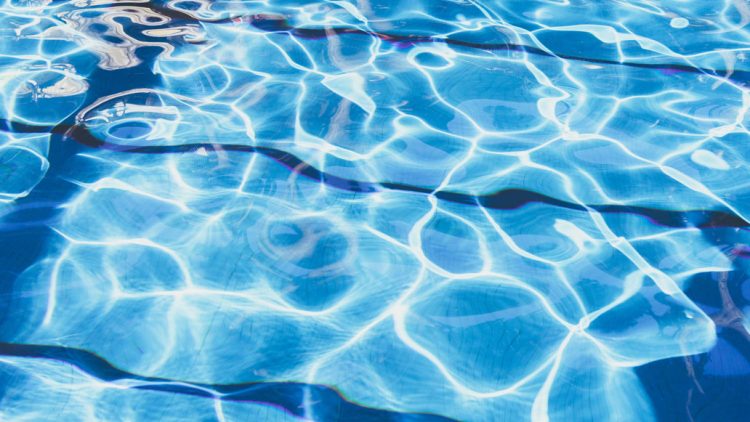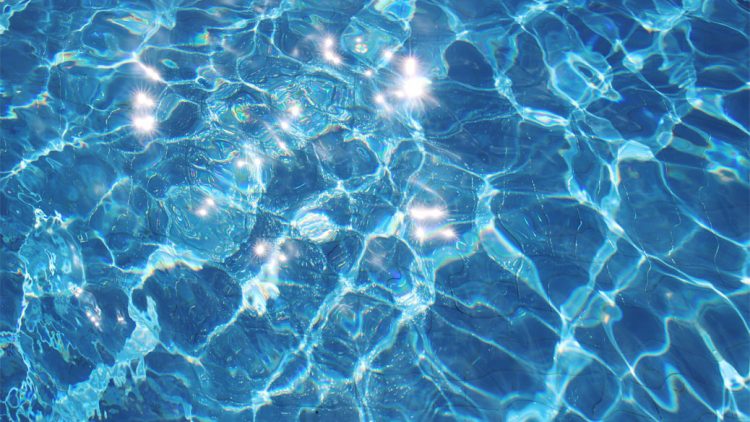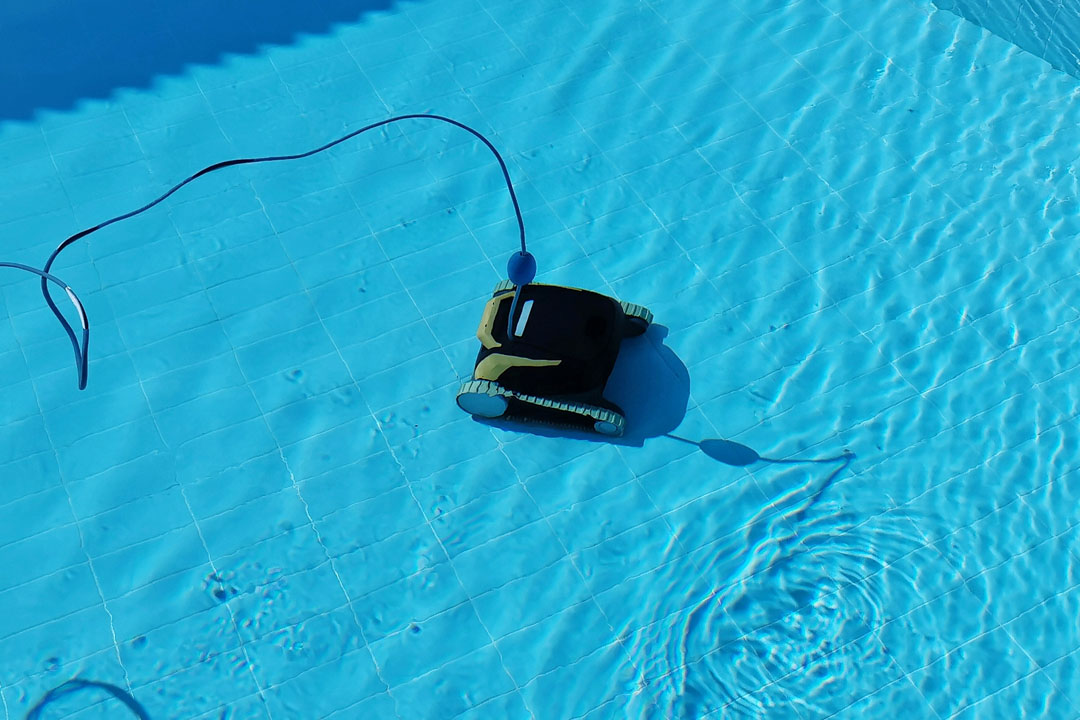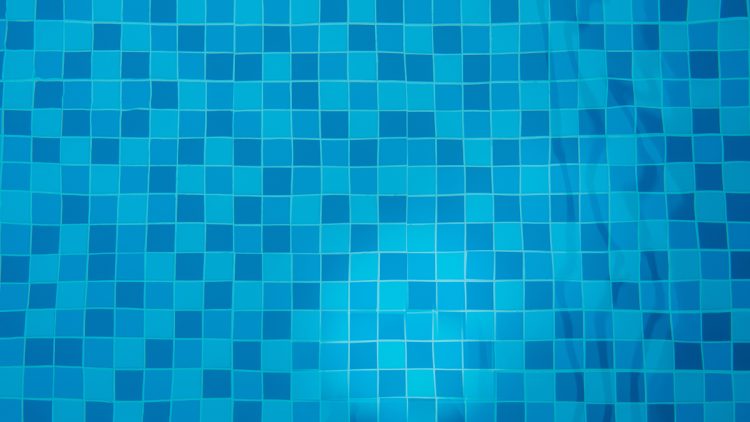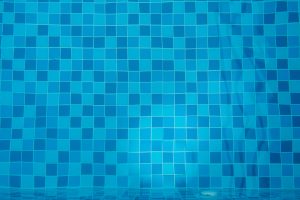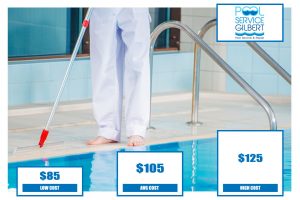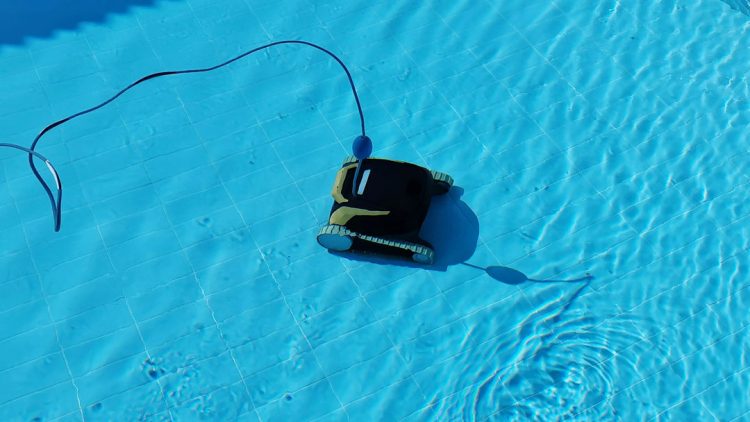How to Prepare Your Gilbert, Arizona Pool for Winter
In Gilbert, Arizona, where the weather is usually sunny, winter may not bring snowdrifts or ice storms, but it does bring chilly evenings, windy afternoons, and months when your pool won’t get much use. In warmer regions, closing your pool for the winter is not enough; you need to maintain your investment and make sure that first spring swim is clear, not hazy and green. This is a helpful method to getting your Gilbert pool ready for winter without too much trouble.
1. Good Cleaning!
Before you even think about changing the chemicals or water levels, you should clean your pool well. Sweep the floor, vacuum it, and brush the walls. Pay close attention to corners and steps, where dirt and debris tend to build up. This is the moment to get rid of any calcium or algae patches that won’t go away. It’s much easier to keep a pool clean in the winter if it’s already clean.
2. Even Out The Water
Just because you’re on vacation doesn’t mean water chemistry stops. Before the weather becomes cold, test and balance the water in your pool. You’ll need:
pH: 7.4–7.6
Alkalinity: 80–120 parts per million
200–400 ppm of calcium hardness
Chlorine: 1 to 3 parts per million
During the cooler months, the right mix can help keep stains, rust, and scale from building up. Your local pool service in Gilbert can test and adjust the chemical levels for you if you’re not sure what they are.
3. Change The Water Level
You don’t have to drain your pool below the skimmer line for winter like you do in colder states. It’s really best to keep it full so that the plaster doesn’t get too much sun and crack. Just be sure that your drainage and overflow systems are working well enough to manage the winter rains.
4. Equipment Check-Up
You can use your pump less often when the weather is cooler since there is less evaporation and algae formation. In the winter, four to six hours is usually plenty instead of eight hours a day. If you have a heater, clear out the skimmer and pump baskets, backwash the filter, and check the heater before you change the settings. It’s also a good opportunity to have professionals check your equipment in the winter. Finding little leaks or damaged seals now can save you a lot of money later.
5. Hide It
A sturdy pool cover keeps away dust, leaves, and the odd animal that wanders in. Gilbert’s winter weather is so windy that even small amounts of material can leave stains or block your filtration system. Pick a cover that fits properly and lets air through to stop algae from growing and make it easy to open in the spring.
6. Watch It
Your pool still needs some care, even while it’s in “winter mode.” Check the water every week, clean up any trash, and make sure the pump and timer are working right. If there is a frost warning, it is also a good idea to operate your system on the coldest nights. Moving water is less likely to freeze and hurt pipes.
Last Splash
Getting your Gilbert pool ready for winter is more about wise care than hibernation. You can spare yourself weeks of cleanup when the desert sun comes back by spending a few hours now. If you’d rather relax than balance chemicals, just call the specialists at Gilbert Pool Service. They’ll keep your pool clean all year long.
Pool Maintenance In Gilbert, AZ
Pool Service Gilbert is a family-owned and operated business that has been serving the valley since 2004. We offer reliable and affordable pool services, including repairs, equipment installations and more! Our service area includes Ahwatukee, Chandler, Gilbert, Mesa, Phoenix and Tempe, Arizona. Contact us right here for your upcoming pool service needs!
More Articles About Pool Care
- Pool Cleaning Service Near Me
- How to Clean a Green Pool Fast
- Pool Chemicals 101
- How To Acid Wash A Pool
- What Size Sand Filter Do I Need For My Above Ground Pool?
- Common Pool Problems
- How Much Does It Cost To Replace A Pool Pump?
- How To Remove Calcium From Pool Tile
- Pool Pump Repair Near Me – Gilbert, AZ


